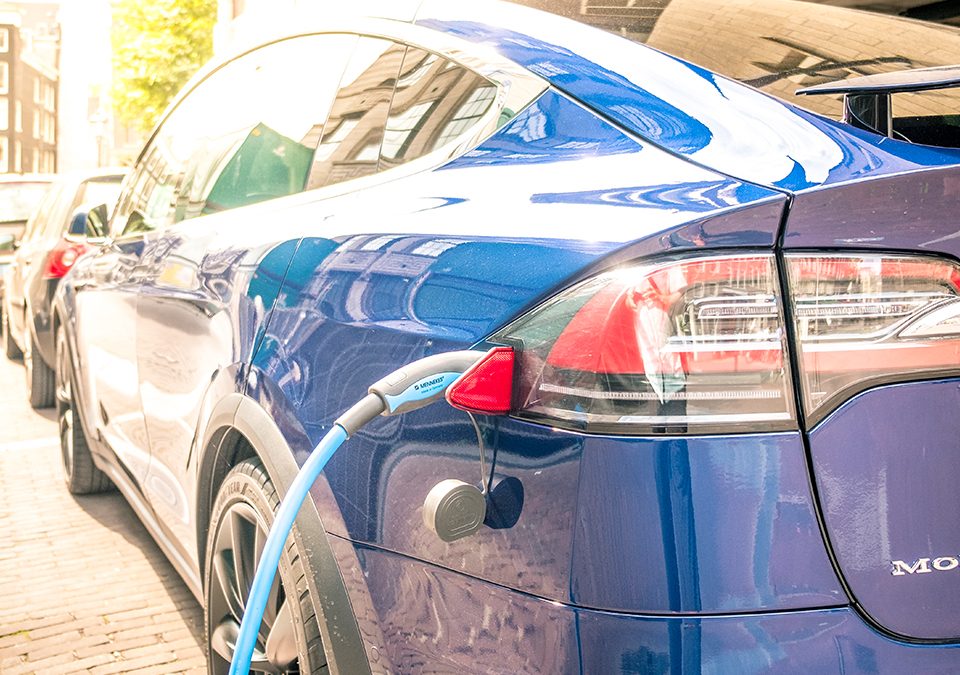Fired up to Do Good with LIHEAP
Views from a Visit with APGA
April 10, 2018Springtime in D.C. - Cold, Sunny, Chance of Hearings and Orders
April 20, 2018PACE is always seeking new avenues and alliances that will strengthen our ongoing mission of highlighting consumers’ interests in reliable and affordable energy. We’ve made a lot of new friends this past year. However, we are particularly excited about a new relationship with the National Energy and Utility Affordability Coalition (NEUAC). PACE officially joined NEUAC last week and is looking forward to diving in on various committees and learning from the expert leaders and volunteers who created NEUAC to strengthen efforts to help energy consumers in need.
As a short introduction, NEUAC is a 501(c)(3) nonprofit organization that “brings together a broad-based coalition of diverse member organizations and individuals dedicated to heightening awareness of the energy needs of low income energy consumers.” From its headquarters in Arlington, Virginia, but working with member organizations across the country, NEUAC expends energy and effort to:
- increasing awareness and understanding of the nature and magnitude of low-income energy problems.
- formulating and advancing low-income energy policy.
- providing information and technical assistance in the creation and development of fuel funds.
- promoting the development of statewide and regional fuel funds.
The coalition has also greatly boosted the advocacy voice for the federal LIHEAP (Low Income Home Energy Assistance Program), which is administered by the U.S. Department of Health and Human Services. LIHEAP and the millions of citizens it helps each year depend on annual congressional appropriations.
How does LIHEAP work? The federal government provides block grants from appropriated funds to states. States then work with organizations including utilities and community support/service groups to make sure that funds are distributed to those in need through approved channels. The federal government requires that grantees target benefits to households with low incomes, adhere to income eligibility definitions, and focus on those households with the greatest home energy needs, taking into consideration age, disability, number of residents, and household income.
NEUAC members regularly meet with Members of Congress and other stakeholders to explain why LIHEAP is a critical program that helps vulnerable citizens afford energy services in hard times. PACE looks forward to joining other NEUAC members and leaders on letters, rallies and congressional visits that educate lawmakers and staff about the importance LIHEAP funding plays in keeping vulnerable consumers supplied with energy. As expressed by NEUAC earlier this year:
- LIHEAP appropriations have fallen by more than a third in five years.
- Current funding levels provide only enough LIHEAP funding to serve one-fifth of eligible households.
- Although the economy has improved, it hasn’t for many LIHEAP households.
- While costs for energy are low, the burden to low-income families is significant with many paying up to 30% of their income for utilities.
PACE is truly fired up about engaging with NEUAC to help consumers. To learn more about NEUAC and LIHEAP, check out the coalition’s website and follow them on Twitter and Facebook.



